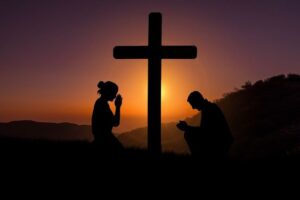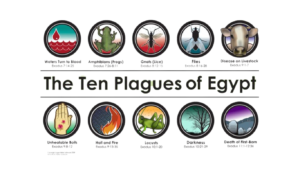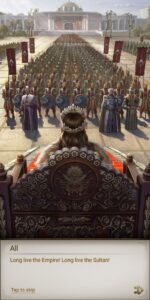Introduction
In the book of Exodus, Egypt suffered greatly from the eighth plague–a destructive swarm of locusts that God sent. This event was meant to show how powerful God is, and what happens when people harden their hearts as Pharaoh did. The plague itself, its importance, and what we can learn from it spiritually will be looked at in this blog.
The Plague of Locusts
Biblical Account
Exodus 10:1-20 describes the plague of locusts. When Pharaoh did not comply with God’s request to allow the Israelites to leave, Moses was instructed by him to stretch out his staff over Egypt. There was a very strong east wind all day long and into the night that brought locusts which man had never seen before in such large numbers. The land was covered with them until it looked black from horizon to horizon; everything that survived previous plagues like hailstones or darkness was now eaten up by these new ones including herbs on fields and branches of trees. This made Egypt entirely desolate since no live plants were left there.
Divine Judgment This plague was a severe judgment on Egypt’s agricultural economy. The locusts destroyed what was left of the crops after the hail, leading to a food crisis. This showed God’s power over nature and His ability to bring Egypt to its knees through successive calamities.
Pharaoh’s Response Initially, Pharaoh seemed to relent, asking Moses to pray for the removal of the locusts. However, after the locusts were driven into the Red Sea by a strong west wind, Pharaoh once again hardened his heart and refused to let the Israelites go. This cycle of temporary repentance and subsequent defiance highlighted Pharaoh’s obstinance and the consequences of rejecting God’s commands.
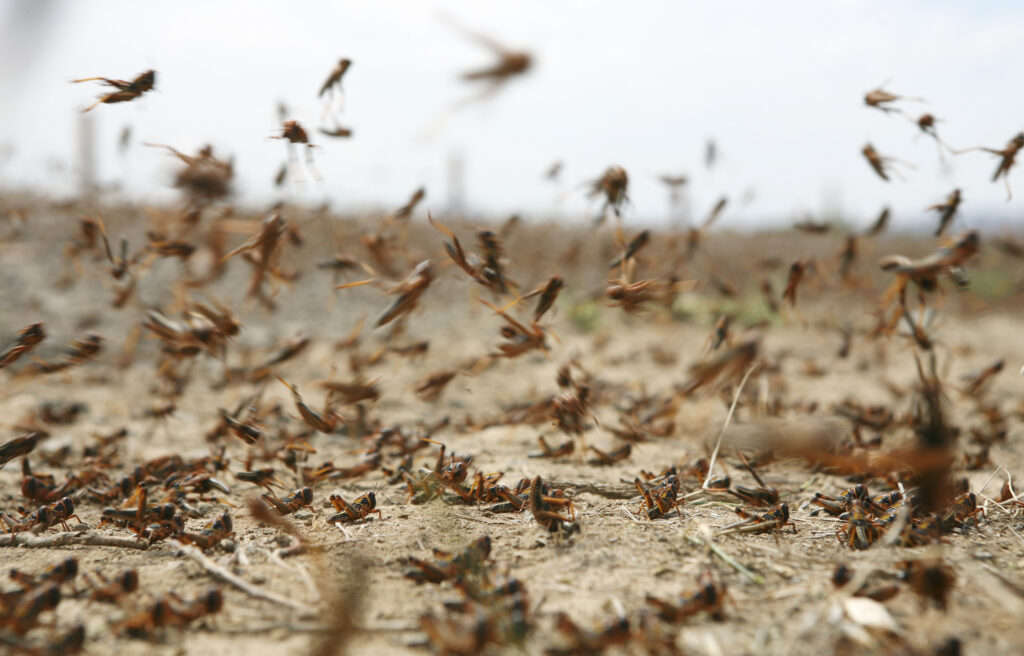
Modern Interpretations and Lessons
Environmental Insights Some modern interpretations suggest that locust plagues can be natural occurrences triggered by climatic conditions. However, the timing and intensity of this biblical plague emphasize its miraculous nature and divine orchestration.
Symbolic Interpretations The plague of locusts symbolizes the destructive consequences of sin and the futility of resisting God’s will. It also represents the total consumption of resources and hope for those who defy divine commands.
Spiritual Lessons This plague teaches several important spiritual lessons:
- God’s Sovereignty: The plague demonstrates God’s control over nature and His ability to use natural elements to fulfill His purposes.
- Judgment and Mercy: The recurring pattern of Pharaoh’s repentance and backsliding illustrates the importance of genuine repentance. God’s mercy is extended, but persistent defiance leads to judgment.
- Dependence on God: The devastation caused by the locusts serves as a reminder of human dependence on God for sustenance and survival.
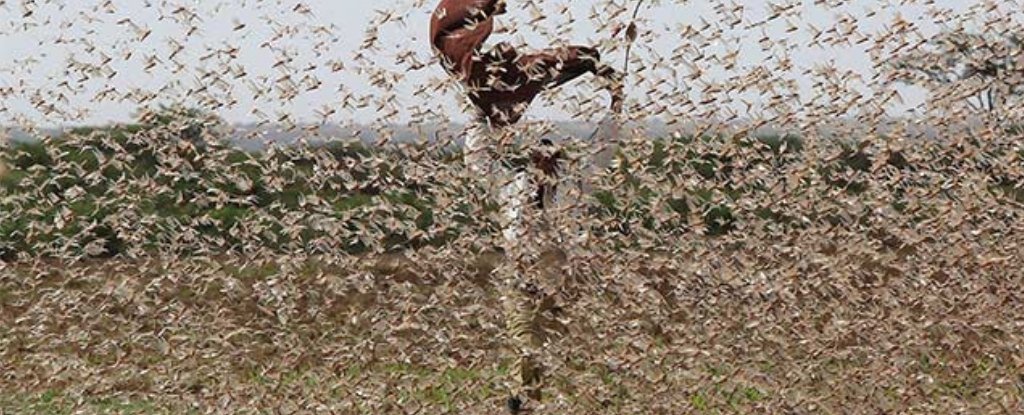
Conclusion
The plague of locusts was a critical event in the narrative of the Ten Plagues of Egypt. It highlighted God’s power, the seriousness of disobedience, and the importance of true repentance. As we reflect on this biblical account, we are reminded of the need to trust in God’s provision and to align our lives with His will.



